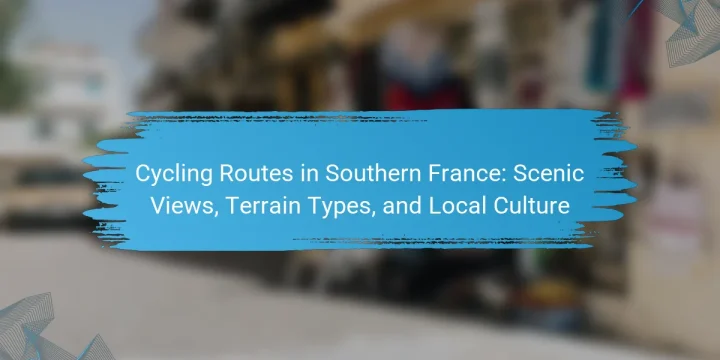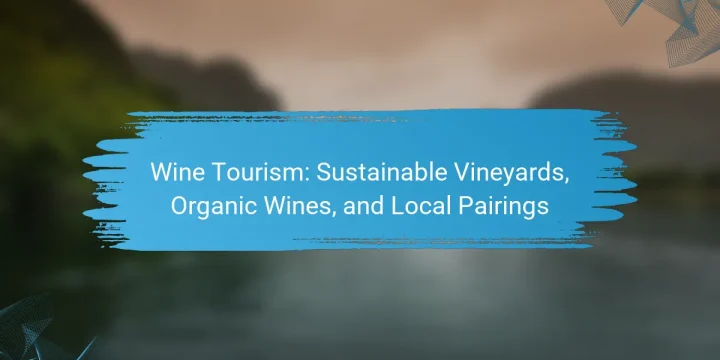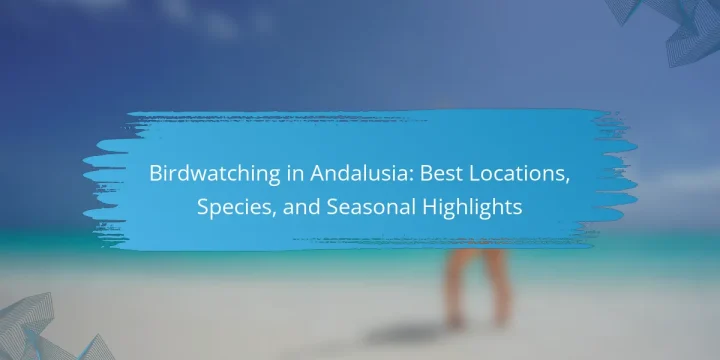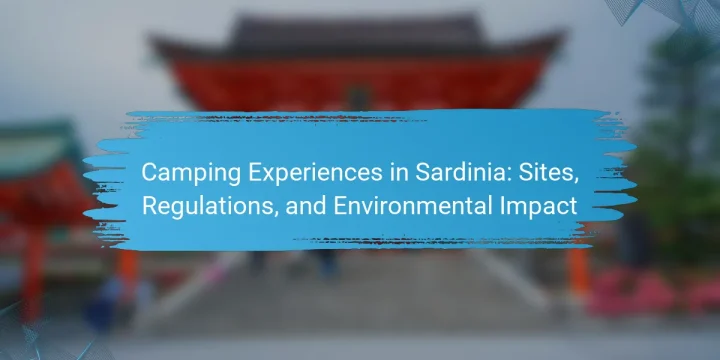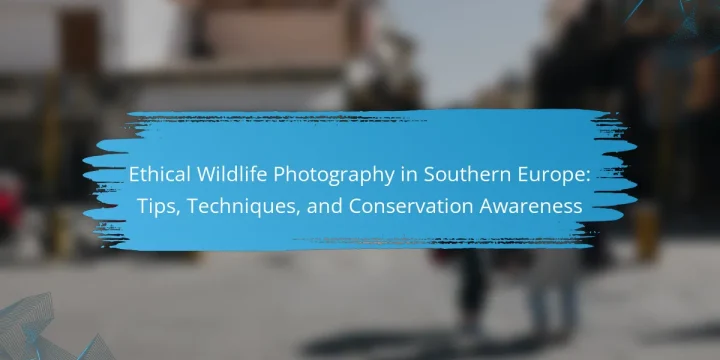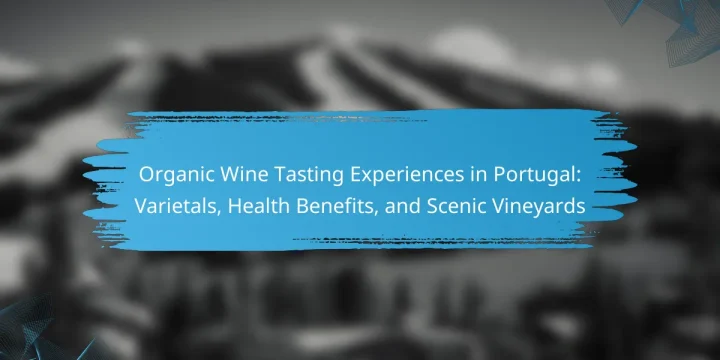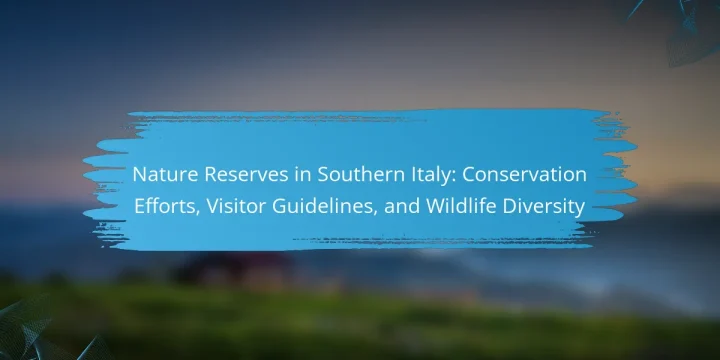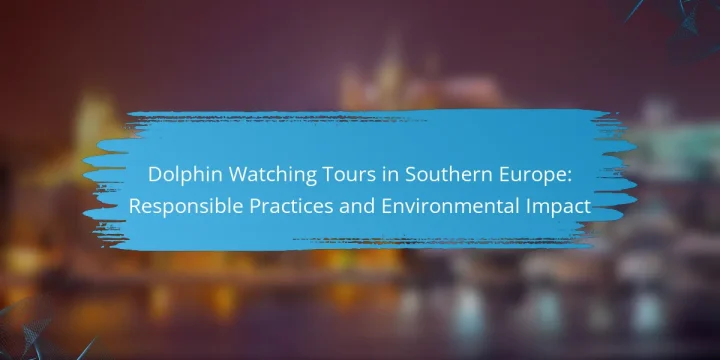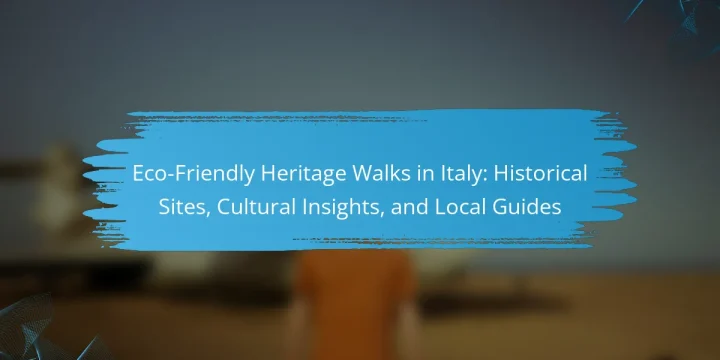
Eco-friendly heritage walks in Italy provide a sustainable way to explore historical sites while supporting local communities. Key regions such as Tuscany, the Amalfi Coast, and the Dolomites offer rich cultural insights and breathtaking landscapes. Popular sites include the Colosseum and Pompeii, where visitors can engage with local guides for a deeper understanding of Italy's heritage. Sustainable practices and local organizations enhance the experience while promoting responsible tourism. What are the benefits of eco-friendly heritage walks in Italy? Eco-friendly heritage walks in Italy offer numerous benefits, including environmental preservation, cultural appreciation, and community support. These walks reduce carbon footprints while allowing participants to explore historical sites. They enhance awareness of local traditions and promote sustainable tourism practices. Additionally, local guides provide unique insights, enriching the experience with personal stories and…
